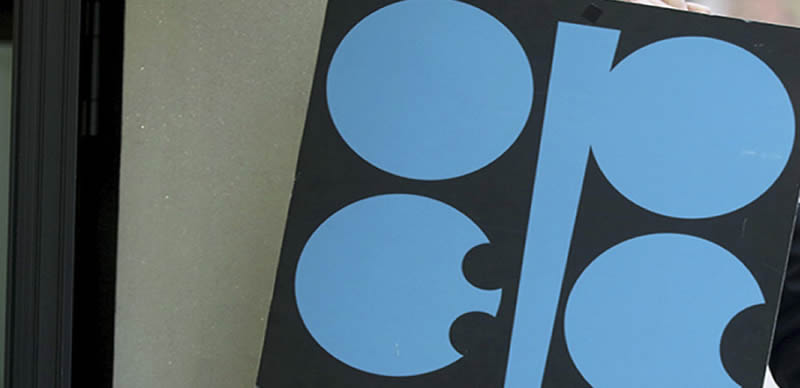
Crude oil production by the Organisation of the Petroleum Exporting Countries fell in April due to delays in Nigerian shipments, and a halt in some of Iraq’s exports, according to a Reuter survey.
The survey indicated that the drop in both countries’ output added to the impact of strong adherence to the ongoing supply cut deal by the OPEC+ alliance.
OPEC pumped 28.62 million barrels per day last month, the survey found, down 190,000 bpd from March. Output was down more than 1 million bpd from September.
Oil output from Nigeria, which recently reached 1.6mb/d, was down to an all-time low of 900, 000b/d last September/November due to oil theft by pipeline vandals, which made International Oil Companies withdraw capital investments into more oil and gas exploration.
Consequently, there was a 94 per cent drop in foreign direct investments to $6m in 2022. IOCs invested $102m into oil and gas exploration in 2021, according to data released by the National Bureau of Statistics.
The NBS in its Foreign Trade Statistics for the Fourth Quarter of 2022 stated that the petroleum industry accounted for 0.12 per cent of total foreign capital imported into the country in 2022, compared with 1.52 per cent of total capital imported in 2021.
According to the statistics agency, in the first and second quarters of 2022, the oil and gas sector attracted $0.6m and $1.9m respectively, while in the third and fourth quarters of 2022, $1.6 million and $2.4m were attracted into the sector, respectively.
In comparison, in the first, second, third and fourth quarters of 2021, $57m, $11m, $0.9 m and $32m foreign capitals were imported into the oil and gas sector respectively.
Experts have argued that diversifying Nigeria’s economy would shove up revenue for the country, and militate against the adverse effect of low revenue from oil and gas.
The Chairman of Shell Companies in Nigeria, Dr Osagie Okubor recently said Nigeria missed an opportunity to earn about N2.3tr oil revenue in the last one year due to pipeline vandalism.
Okunbor said the loss was often viewed as affecting Nigeria’s oil production quota to OPEC, and stressed that the situation was also having devastating implications on the supply of gas to the Nigerian Liquefied Natural Gas.
“So, if you ask me what the number one issue has to be for the incoming administration, it has to be the security of oil and gas infrastructure. If you do not fix it, then, we will have a huge problem on our hands,” Okunbor said.





